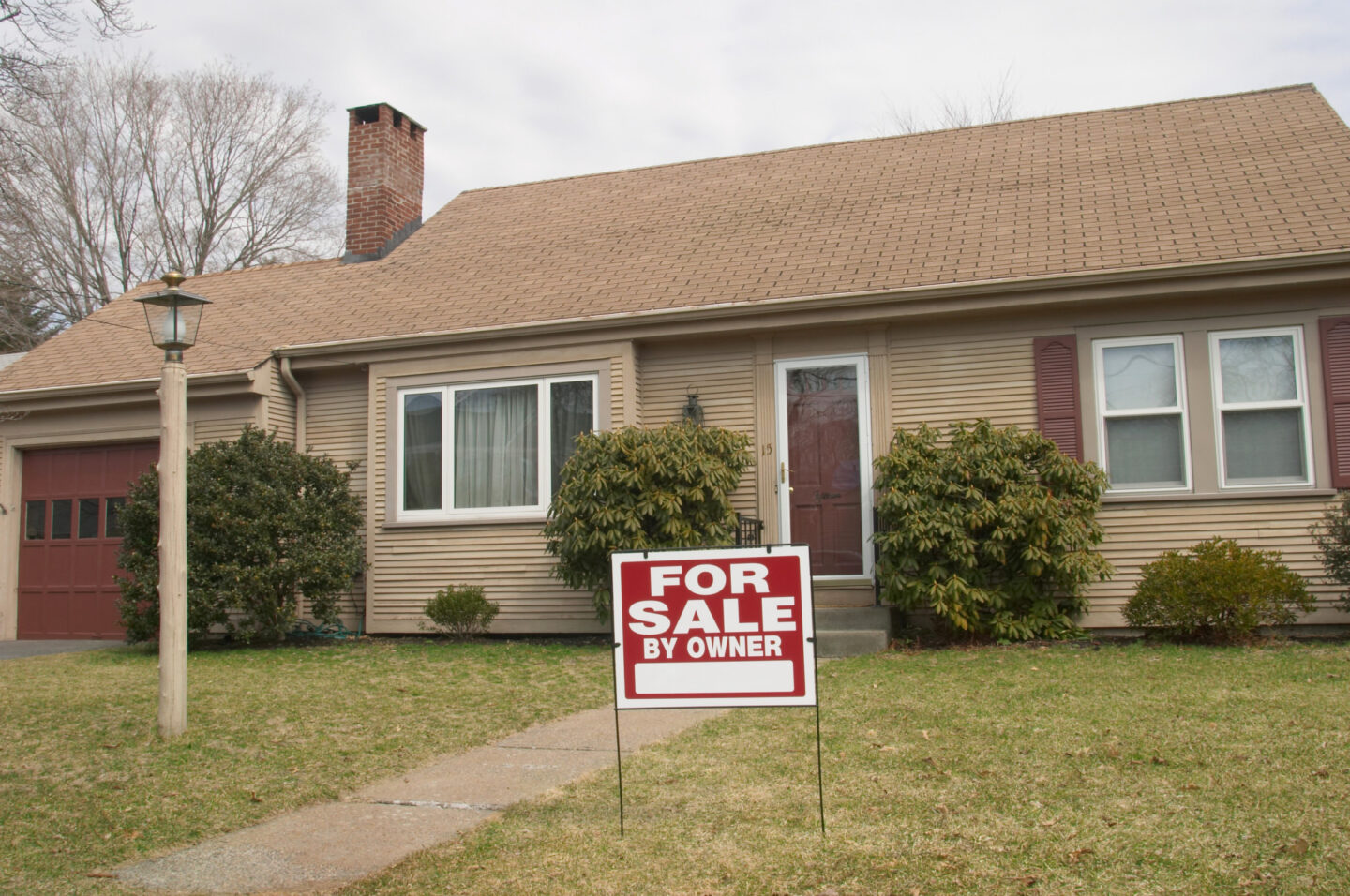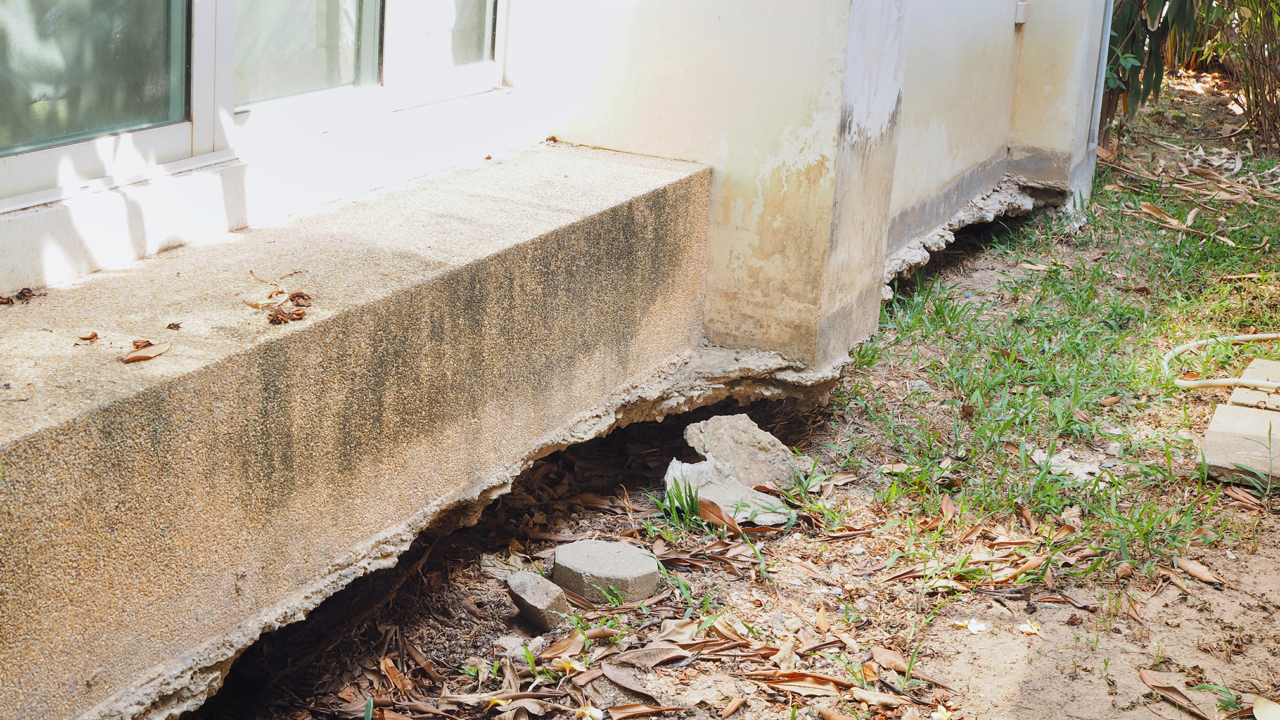How to Buy a Home For Sale By Owner (FSBO)


Written by Shawnna Stiver on August 5, 2025
Reviewed by Jeff Rankin, Edited by Alycia Lucio
When a property is listed as “For Sale by Owner” (FSBO), the homeowner has chosen to sell the house without the help of a listing agent. They’ll likely handle all aspects of the sale, including pricing, marketing, showings, and negotiations. This means you and your agent will be negotiating directly with the seller. Which may require your agent to take a more hands-on role to help guide the transaction and ensure the process proceeds smoothly and on track.
Buying a FSBO may give you more negotiating room compared to a traditional real estate transaction but can also come with potential risks. Use this comprehensive guide and the aid of a qualified buyer’s agent to help you through the process of buying a home directly from the owner.
1. Get pre-approved for a mortgage
Getting pre-approved for a mortgage is just as important when buying a FSBO home as it is in a traditional sale. A pre-approval letter from your lender shows the seller that you’re a serious buyer and outlines how much you’re eligible to borrow and under what terms.
Since FSBO sellers are reviewing offers without an agent’s guidance, having that letter in hand helps reassure them that you’re financially prepared and ready to move forward. Check how much you’re pre-approved to borrow with us at Zillow Home Loans*. Buyers who are pre-approved usually receive a pre-approval letter the same day.
2. Work with a buyer’s agent
While it’s not required to work with an agent when buying a home from a private seller, it can make the process significantly smoother. FSBO sellers might be hesitant to cover your agent’s commission, so it’s something you may need to negotiate or plan to pay yourself. Still, having a buyer’s agent on your side can be well worth it, given they can help you:
- Understand fair market value
- Draft a legally sound offer
- Coordinate inspections and appraisals
- Avoid costly mistakes
FSBO sellers typically don’t have professional real estate experience, which means your agent may need to take on more of the work to ensure the transaction is handled correctly and that all obligations are considered and addressed.
3. Find a FSBO property
FSBO homes aren’t always listed on the Multiple Listing Service (MLS), which is the primary tool agents use to find homes for clients. Instead, FSBO listings might be posted on alternative platforms, yard signs, local classifieds, or social media. This is where working with a buyer’s agent is an advantage because they may know of unlisted properties through their networks or have insight into off-market FSBO opportunities.
4. Assess the home’s condition and value
Since some FSBO homes aren’t listed on the MLS, they may not be as easy to find or view. An agent may be able to access showings through their network or by contacting the seller directly to schedule a time to tour the home, so you don’t have to reach out to the seller yourself.
When you do visit, use it as a chance to ask the seller questions and get a feel for the property and neighborhood. Whether you’re working with an agent or not, it’s important to compare the FSBO home with other recent sales to determine if it’s priced fairly.
5. Make an offer
Once you’ve found the right FSBO home, the next step is making a formal offer. When working with a buyer’s agent, they’ll help draft your offer and advise on a competitive price based on real estate comps in the area. Comps look at similar homes in a location and compare them based on size, condition and features to reveal a fair market price for the home. Private sellers will likely use comps to inform their list price.
Some FSBO homes are priced slightly lower than agent-listed homes to minimize the amount of time the home sits on the market, but don’t assume it’s always a better deal. Evaluate the condition of the home and location before deciding on your offer price. It’s also smart to include contingencies in your offer, such as a home inspection or financing contingency, to give you a way out if serious issues are uncovered. A buyer’s market often means you have more room to negotiate a price at asking or lower, while more competitive markets may mean you need to bring more money to the table or be willing to sacrifice contingencies.
When making an offer on a home, you’ll typically include an earnest money deposit with your offer to show the seller just how eager you are to buy the home.
6. Apply for mortgage financing
Your pre-approval is a strong starting point to understand how much a lender is willing to let you borrow. It’s usually best to apply for your mortgage once your offer is accepted because you’ll need to include the address of the property and the asking price in your application. Your lender will start by validating information provided during your preapproval, and ordering an appraisal and gathering any remaining documentation before issuing a final loan approval.
7. Complete a home inspection
Even though inspections aren’t required by law, it’s strongly recommended not to skip this step, especially when buying directly from the owner. A professional home inspection is one of the best ways to protect your investment. Even honest sellers may not be aware of hidden problems like faulty wiring, foundation issues, or plumbing leaks.
A licensed home inspector will examine the home’s major systems and provide a report detailing any concerns. If serious issues are found, you may choose to renegotiate the price or walk away from the deal altogether.
8. Close on the home
Closing is the final step in the home buying process. On your scheduled closing day, you’ll sign paperwork, transfer funds, and officially become the owner. Whether you need a real estate lawyer for this step depends on where you live. Some states require that attorneys oversee closings, while others allow title companies or lenders to handle it. Even if it’s not required, hiring a lawyer can be a smart move, especially if:
- You’re buying a short sale or estate property
- The purchase involves complex terms or contingencies
- You’re not using a buyer’s agent
Your attorney can review contracts, ensure legal compliance, and make sure your rights are protected. Once everything is finalized, you’ll pay your down payment along with closing costs and then receive the keys to your new home.
Ready to buy a FSBO home?
Buying a house directly from the owner can be a rewarding experience if you’re prepared, informed, and have the right support in place. From getting pre-approved to navigating the final closing steps, each part of the process plays a critical role in making your home purchase a success.
While FSBO transactions can sometimes feel more hands-on, you don’t have to do it alone. Connect with an experienced Zillow partner agent who understands your local market and can guide you through every step of buying a home from a private seller. Whether you’re exploring FSBO listings or traditional sales, we’re here to help you find — and secure — the right home for you.
*An equal housing lender. NMLS #10287
A local agent can help you stay competitive on a budget.
They’ll help you get an edge without stretching your finances.
Talk with a local agent


